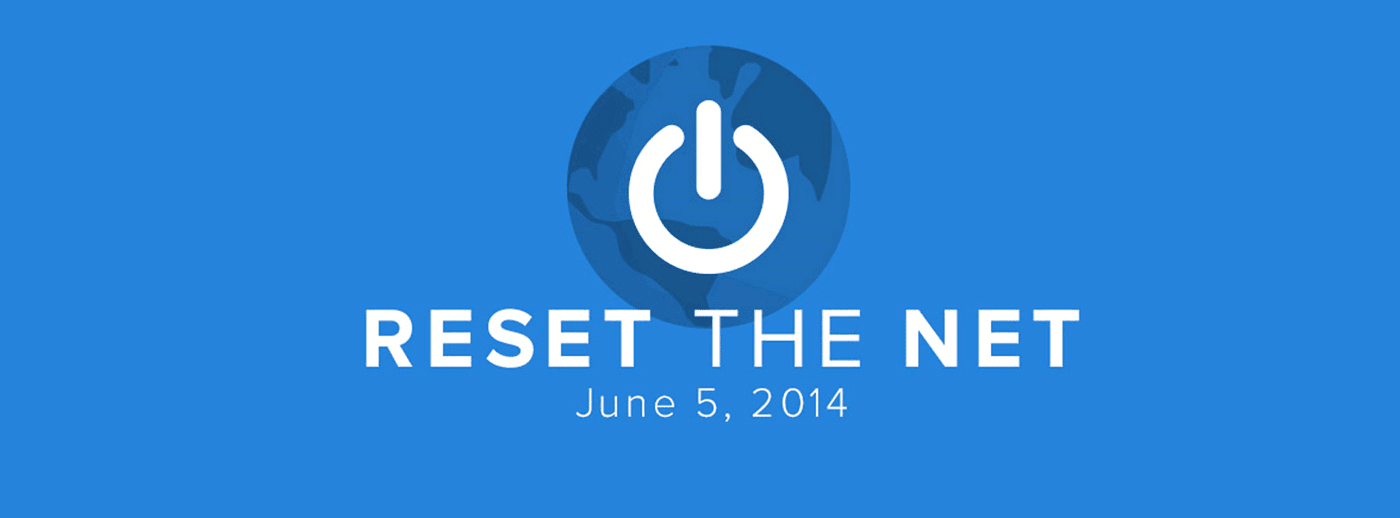Dear NSA,
Twenty years ago, you would have had the pleasure of receiving this in a nice white envelope, but now we know worse. I’m sending this to you virtually, as many of us will, because it only me one click of a button to do so.
We know worse: a large number of us have chosen to sacrifice privacy for convenience or vanity, and I am no exception. I post everything from the most banal to the most profound about myself online. If someone were so inclined, they could build a pretty complete sketch of who I am from the different digital portraits I have constructed over the ages.
I have also connected with more people than ever online. Studies will show that this probably makes me more stressed, and more narcissistic. I don’t know if this is true, but I do know that the number of connections I and everyone around me have make it increasingly likely that our digital metadata will be snagged into your watching eyes.
Using a nifty digital application, also one click of a button away, I’ve ascertained that if anybody in my network of 22 million friends of friends…of friends is up to something potentially nefarious, you could come knocking. That’s if I was American. As a Canadian, I don’t even get this courtesy before you share the data with my domestic security agency.
It’s a funny thing when you make laws that protect only domestic citizens, because everybody is a foreigner somewhere. I wonder if the GCHQ in Britain, with which you are closely collaborating with, have the same respect for the privacy of Americans as you espouse when they are rifling through Gmail for you.
![Five Eyes with code(love)]()
Five Eyes with code(love)
Perhaps, however, your intent is benign. After all, you are balanced by law that binds you only to search for metadata: the fact that you can’t rifle through the actual data should count for something right?
I work in technology. I’m keenly aware of how metadata can be used to trace connections between people, their location, and their habits. It’s perhaps why you and a million other companies are finding it valuable to scoop out this data.
The same technology that allows us to hail cabs at the push of a button, can also be used to track us within meters. If I were to go to an abortion clinic, or a therapist, my parents might not know, but you will.
The connections between me the peers I choose to connect with most frequently can also be equally revelatory. They can reveal the organization I work for, but also my political affiliation or sexual orientation, even if I have not revealed them to anybody.
![NSA Listens with code(love)]()
NSA listens with code(love)
You may ask why we care less if Google has our data but not you.
Until Google gets the robot army they are seeking to build, and has the power to imprison me by force, me and many others will care, but care less that Google has that information about us.
Google buys robot firm Boston Dynamics. ruh roh
You may ask why we should care about this metadata being revealed about ourselves.
The first reason would be because as we relax privacy constraints around all of our information, it is highly possible that financial information, and health information will fall into your hands as well: this has already happened to a certain degree.
The second reason is because you have a history of tracking notable political and business figures for reasons that do not correlate well with national security. In fact, your sister agency, the FBI, often still tracks people for their political beliefs.
The third reason is because, with lax oversight, your propensity to lie to elected representatives, and consequently to the American people, makes you a hard agency to trust with anything.
These are harsh truths, but the American nation was built on these truths. And one overriding truth is the following: absolute power corrupts absolutely. While it is far from me to suggest that you have absolute power at the moment, it is certain that your agency could help somebody obtain it, and it is certain that right now, you are playing around the lines of a balance of powers that has served the American people well for centuries.
“[If a dictator ever took over, the N.S.A.] could enable it to impose total tyranny, and there would be no way to fight back.“
-Senator Church of the Church Committee
You may ask why it matters if you are authorized by elected representatives to do what you do, even barring how unclear that is given how legislation has been warped to fit your needs.
On this, we do have an agreement of sorts. I do think it sad that security has come to override every other concern, and perhaps it is right that America needs a change in her elected officials if they have allowed you to get away with this. However, I also do know that you are being sly on this point. Consider your interpretation of Patriot Act Section 215 and how you have overstepped it.
So I write this in the open spirit you have abandoned for the American people: please consider reining yourself in. We live in a new age, and there should be new rules.
We live in a new age, and there should be new rules.
If you ignore this advice, I have kindly CCed your friends at the Supreme Court. I am sure they have much more to say on this than I do.
Sincerely yours,
(Well, you can probably figure out who)
——————————————————————————-
For a look at how the Supreme Court might respond, click here.











